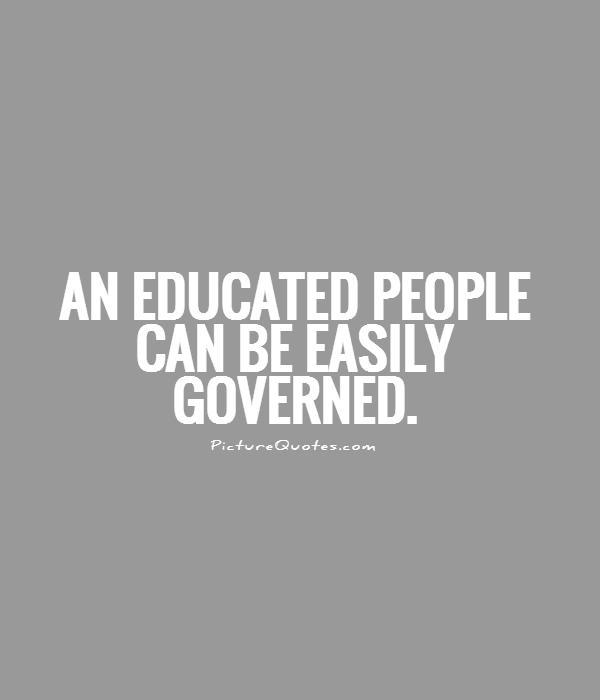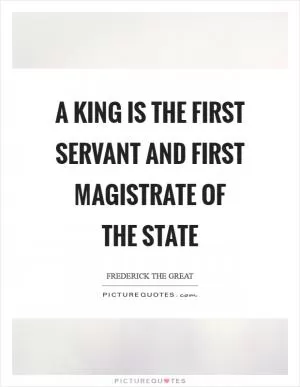An educated people can be easily governed

An educated people can be easily governed
The statement "An educated people can be easily governed" holds a significant amount of truth when considering the role of education in shaping a society's ability to be effectively governed. Education plays a crucial role in shaping the attitudes, beliefs, and behaviors of individuals within a society, ultimately influencing their ability to understand and participate in the political process.One of the key reasons why an educated population can be easily governed is that education fosters critical thinking skills and the ability to analyze information objectively. When individuals are well-educated, they are more likely to question authority, evaluate evidence, and make informed decisions based on facts rather than emotions or biases. This critical thinking ability enables citizens to hold their government accountable, demand transparency, and participate in the democratic process in a meaningful way.
Furthermore, education also plays a crucial role in promoting civic engagement and political participation. A well-educated population is more likely to be aware of their rights and responsibilities as citizens, understand the importance of voting, and actively engage in political discussions and debates. This level of civic engagement is essential for a functioning democracy, as it ensures that the government remains responsive to the needs and concerns of the people it governs.
Moreover, education also helps to promote social cohesion and unity within a society, which is essential for effective governance. When individuals are well-educated, they are more likely to have a shared understanding of the values and principles that underpin their society, leading to greater social harmony and cooperation. This sense of unity and common purpose makes it easier for the government to implement policies and make decisions that benefit the greater good, as there is a higher level of trust and cooperation among the population.












 Friendship Quotes
Friendship Quotes Love Quotes
Love Quotes Life Quotes
Life Quotes Funny Quotes
Funny Quotes Motivational Quotes
Motivational Quotes Inspirational Quotes
Inspirational Quotes